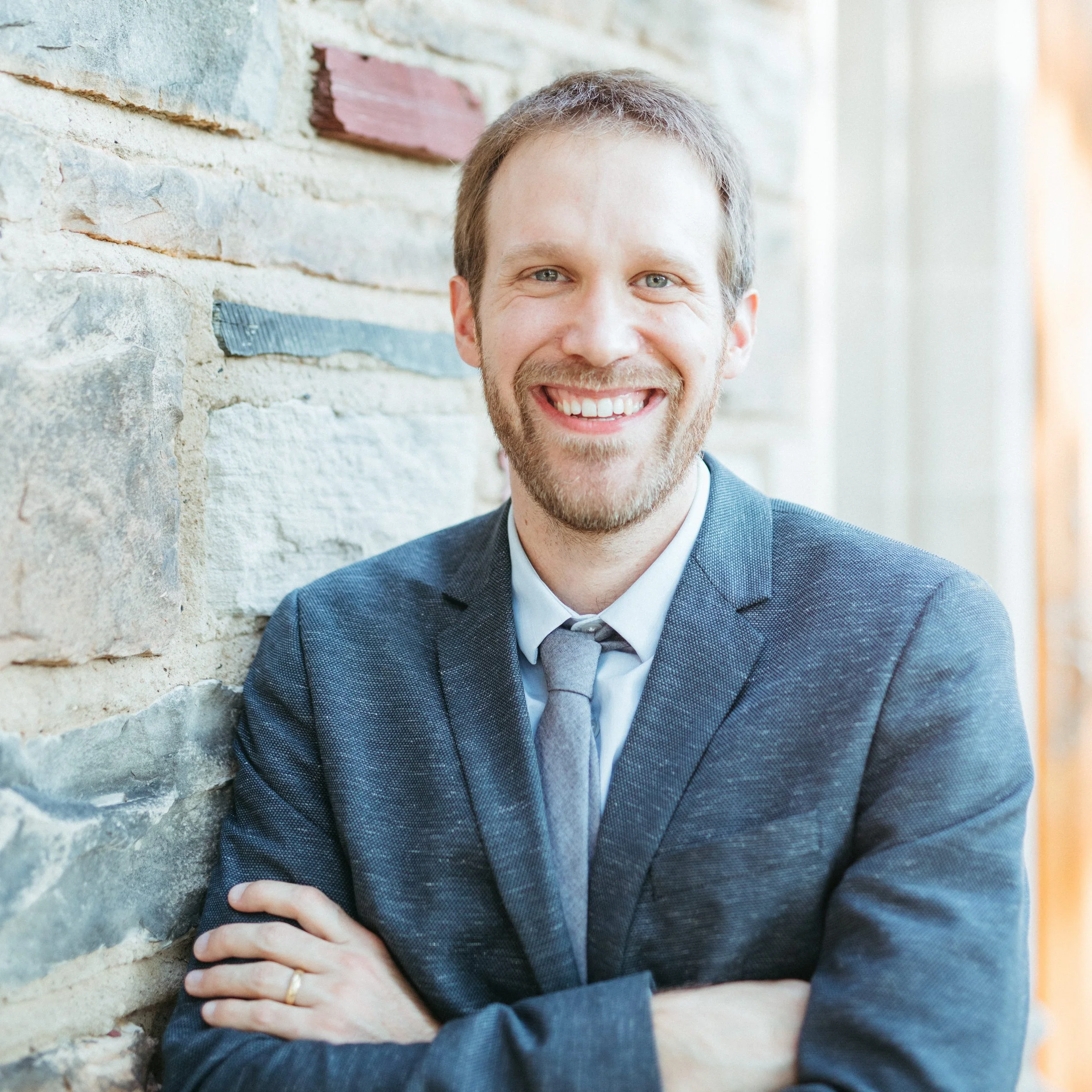Editorial
by Aaron Stauffer
The intersection of citizenship and immigration is finally coming to the fore in national conversations. President Obama’s 2013 State of the Union message forcefully addressed immigration. On its heels came the Group of Six’s immigration reform bill. Pieces in The New York Times and The Nation on immigration and workers’ rights and deportation and detention halts, respectively, stand out as worthy markers.
Religious communities stand to benefit from engaging in this wider discussion that addresses who decides what “citizenship” means – to whom it is extended and how these benefits are realized. In essence, this covers who you think your fellow citizen is, who isn’t, and why or why not.
This conversation includes the separation of families. For example, consider my Christian mainline denomination’s response. In a pastoral letter to the Presbyterian Church (U.S.A.), Stated Clerk Gradye Parsons recounts the birth of a grandchild. This joyous family event is harshly juxtaposed with the reality that the Parsons family enjoys a unity and safety that other families currently do not enjoy. I agree with Parsons that current U.S. immigration policies are destroying families. Families’ safety and unity pivot around a certain notion of citizenship.
An immigrants' rights march in Los Angeles – Photo: Wikimedia
The militarization of the immigration system also has chilling effects: abrupt and sweeping raids conducted by U.S. Immigrations and Customs Enforcement (ICE), indefinite detentions with no family contact, increased fencing that forces crossers to risk their lives in the desert. As one City Council member of El Paso maintains, it is less of a system to protect our nation than it is a system of privilege and oppression maintained through rights extended or denied.
Today’s undocumented immigrants live in fear of deportation, of being separated from their families, and of worker and labor abuse. A recent New York Times article documents the 300 immigrants in solitary confinement on any given day, part of a vast population that helps sustain the private and public prison complex. United States citizenship is seen as the basic protection against those dangers. Without the protection of some path to citizenship, workers’ rights to safety and dignity, much less self-determination through unionization, have little legal reality.
The Sanctuary movement of the 1980s started with the desire to protect people fleeing death squads in Central America from deportation back to their countries of origin. In the Guatemala and El Salvador of that time, citizenship gave no protection from dictatorial regimes supported by the United States. Speaking out in that extreme situation, a brave minority of congregations were led to challenge immigration law, with support from Presbyterian and Lutheran denominations, among others. At the same time this was a statement about our own citizenship entailing the defense of family safety and individual dignity from arbitrary political decisions. Our citizenship depends upon respect for human rights, including those of asylum seekers and refugees in our midst.
Graphic: standingonthesideoflove.org
Yet, in a less prophetic vein, justice-oriented people of faith might do well to realize that immigration reform may be possible in the near future primarily because of changes in political as well as economic interests served. The Latino vote arguably carried the 2012 election. More visas granted can lead to further development in high-tech and/or agricultural industries, depending on the classifications favored.
These dynamics help people view reform as right and good for the country, opening the door for our religious communities to engage people – both those who hold idealistic views and those who do not – on the state of our democracy. The mission ofprophetic justice that undergirds religious communities sometimes is carried through pragmatic avenues.
As a Christian on the left of the debate, I ought to be able to engage with conflicting democratically held values, to recognize how immigration reform can be both politically strategic and welcoming of the neighbor, to argue that it is both economically smart and what Jesus calls us to do. To do this, I have to engage others in and outside my own tradition on their own terms, and then help them to see how their political and economic interests relate with my faith values of prophetic justice. Sometimes I may be over-focused on what I view as the prophetic message: policy smarts and fiscal issues aside, I am called to the side of the oppressed.
This can blind me to a basic core of democracy, the conversational exchange about competing images leading to the well-being of all. Some oppose immigration reform because they believe it means more downward pressure on wages, or that it place more burdens on a poorly funded social service system, which are justice arguments, to be sure. I am suggesting that we acknowledge what we do every day when we meet people of competing opinions: we engage them on their terms and their own values, and help them see our own point of view. This does not mean that our religious communities are best kept to themselves when engaging the public square and pursuing social issues.
Religious communities have always played a role in establishing community. Social movements such as abolition, women’s rights, civil rights, and now other movements are finding that religious folk have consistently stuck around in the fight. Our faith calls us to welcome and love the stranger--keeping us mindful of our role in the immigration discussion. The difficulty of this conversation is the fine separation between contingent and essential rights: we have forgotten that we set up this notion of citizenry to meet specific communal needs in the first place. Our faith calls us back to the deeper recognition of how human dignity surpasses citizenship and how we can reform our policies around this tension.



